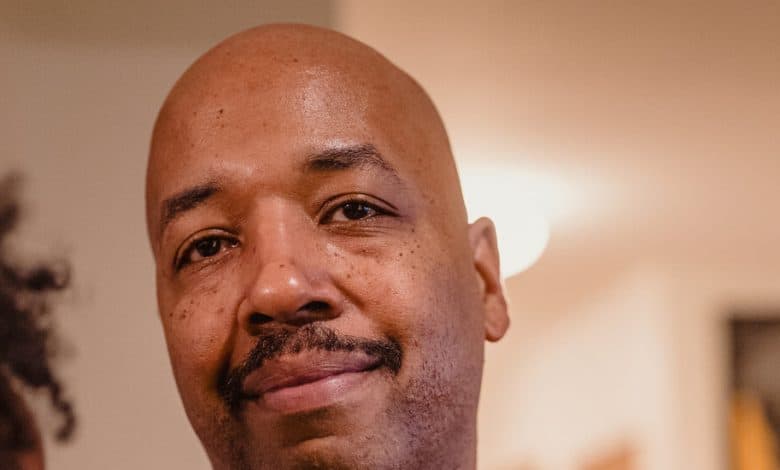Leaving ‘Mr. Mom’ Behind

As a father of two, Gerard Gousman enjoyed his career as a tour manager, working for artists like DMX, Salt-N-Pepa and Cat Power.
But the job required him to travel about six months out of the year. So when his wife, Quaneisha Gousman, became pregnant in 2018, he crunched some numbers. Mr. Gousman, now 45, quit his job to stay home to care for the children while Dr. Gousman, who has a doctorate in industrial and systems engineering, continued working in user experience research in Seattle, where the family lives. Becoming a stay-at-home father, he said, “was an easy decision once we realized it was viable.”
Mr. Gousman, who has since joined the board of the National At-Home Dad Network, said the move has allowed him to take an active role in his children’s education and “build the community that I want for my family.”
The percentage of stay-at-home parents who are fathers has risen dramatically over the last three decades. Pew Research Center, using the Census Bureau’s Annual Social and Economic Supplement, published a report over the summer showing that almost 1 in 5 American parents who do not work for pay are fathers. From 1989 to 2021 (the latest Pew data), that represented a 63.6 percent increase — the result of both rapid growth in the share of fathers who do not work for pay and a slight decrease in the share of mothers who do not work for pay. (The share of women working is currently at an all-time high, driven by mothers of children under 5, who have generally been likeliest to stay home.)
The continued rise may be partly attributable to the pandemic and its associated recession, when some men lost their jobs and very much liked being at home; or to the recession of 2008; the high cost of child care; and higher rates of women working in jobs that require graduate degrees than men, creating more job stability for the former.
